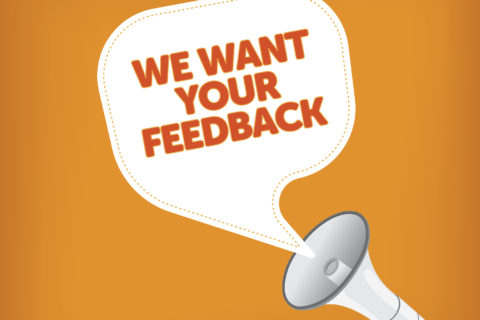By Finn Raben
Firstly, a BIG thank you to Judith Passingham CEO, Ipsos Interactive Services (Global), Ipsos, UK, Eric Meerkamper President of RIWI, Canada and last but by no means least, Knut Asrud CEO of Norstat, Norway – who joined me to try and define what the next generation of research agency would look like! My thanks too, to all of you who were on the webinar, and your questions…some of which have hopefully been captured below.
I found this a fascinating discussion, and in many ways, highlighted a lot more questions than we had time to discuss. That said, I did come away from our discussion with four themes that I think are worth bearing in mind, as well as a fifth point that is consistent with the discussion we had a month ago on the next generation of researcher…..
- Reports about the death of data collection are wildly exaggerated.
One of the more interesting themes we hear quite regularly these days, is that data collection is “dead”, the theory being that because everyone can produce information, data collection is no longer necessary.I think this discussion proved that this proposition is pretty groundless, as no matter what data you access, curate or analyse, the data will still have to have been “collected” at some point, and in that collection process, there are “good” ways of doing it, and “not so good” ways of doing it…the key is being able to understand what methodology (and thus what data) is “fit for purpose” for the project at hand.The more interesting point was that everyone was of the opinion that data collection is no longer a linear process, and it now MUST be a device agnostic process – particularly as we see technology advance at an ever-increasing rate.
- Rigour more important than ever
Following on from that point was again, the consensus view that “more” data doesn’t automatically mean “better” data, and that “big” data doesn’t mean “complete” data.Indeed, in this era of data proliferation, “rigour” is actually more important than ever before, as we do need to be able to determine “provenance”, as well as “quality”, so that we use the right data to support our project and not just all data.Some time ago, ESOMAR started to communicate the concept of “smart data” as opposed to “big data” – i.e. determining that information which is pertinent to the question in hand, rather than just the entire data set. In this process, the researcher’s skill in being able to determine provenance, quality and relevance are second to none – and will remain a key feature of the research agency of the future.
- Proprietary intelligence is essential
On the basis of having the skill to determine the quality, provenance and relevance of information, the panel were also agreed that the research agency is best placed to compete on data knowledge & intelligence….but equally acknowledged that not all do so.The view was expressed that if research agencies are just seen as service providers, then our perceived value will decline further….we do need to include some form of proprietary intelligence into our work, to distinguish ourselves from just a commodity information provider.This does NOT necessarily mean “black box” technology – as we have seen that a lack of transparency does not sit well with clients or users – but rather suggests that we need to include a greater element of opinion, or commentary, which acknowledges our breadth and depth of experience in assessing and applying insights from data.
Some years ago, prior to the acquisition by WPP, TNS had a series of corporate exhortations, one of which was (and I paraphrase), Be Brave – express an opinion….I think this is more true now than ever before.
- The market WILL punish mediocrity.
The threat of commodity – and thus mediocrity – is lethal.If you cannot discuss provenance and relevance, if you cannot express an opinion based on the evidence, and if you cannot substantiate either a question or an answer, then we become a commodity service… to be selected simply on price, and to suffer from continuing “cost-efficiency” pressures. - We must shout louder about what we do…
As we discussed in our last webinar, we do not do enough to communicate the quality of our work, or the value of what we bring. Yes, we make mistakes – but so does every company.To quote from the film “Rocky” : “it is not about how many times you can get knocked down, rather it is about how you get up each time”.
There were lots of other themes that we touched upon, including D.I.Y., data science, the disintermediation of elements of the research process, etc etc….I can’t cover them all here, but rest assured we will get to those, in the coming sessions!! In the meantime, I look forward to your thoughts on these themes..
Thanks again to everyone who participated in this discussion…I can’t wait for the next one, and what it will put forward!!
A reminder for your diary:
21 June
14.00-15.00
The future of market research webinar series- The Client vision
Finn Raben is Director General at ESOMAR.


